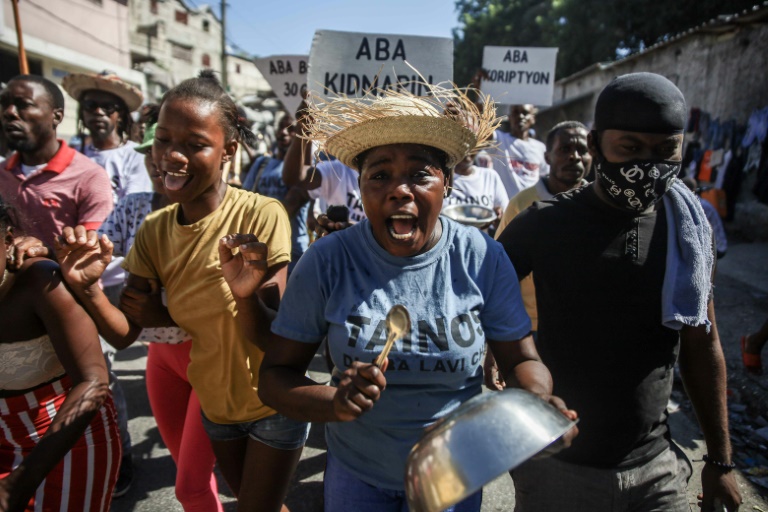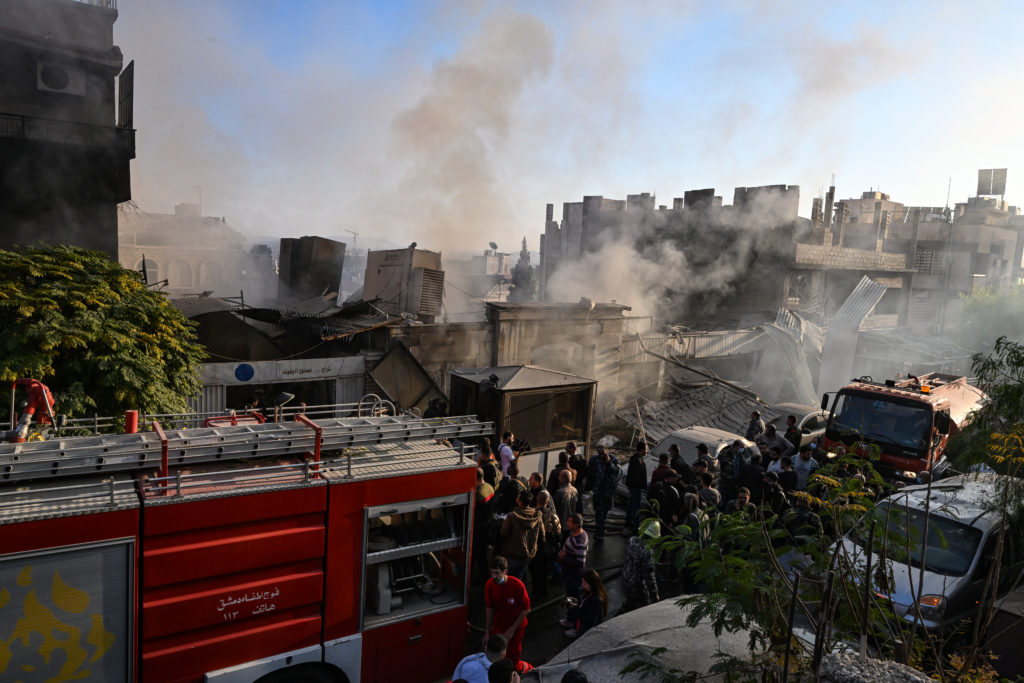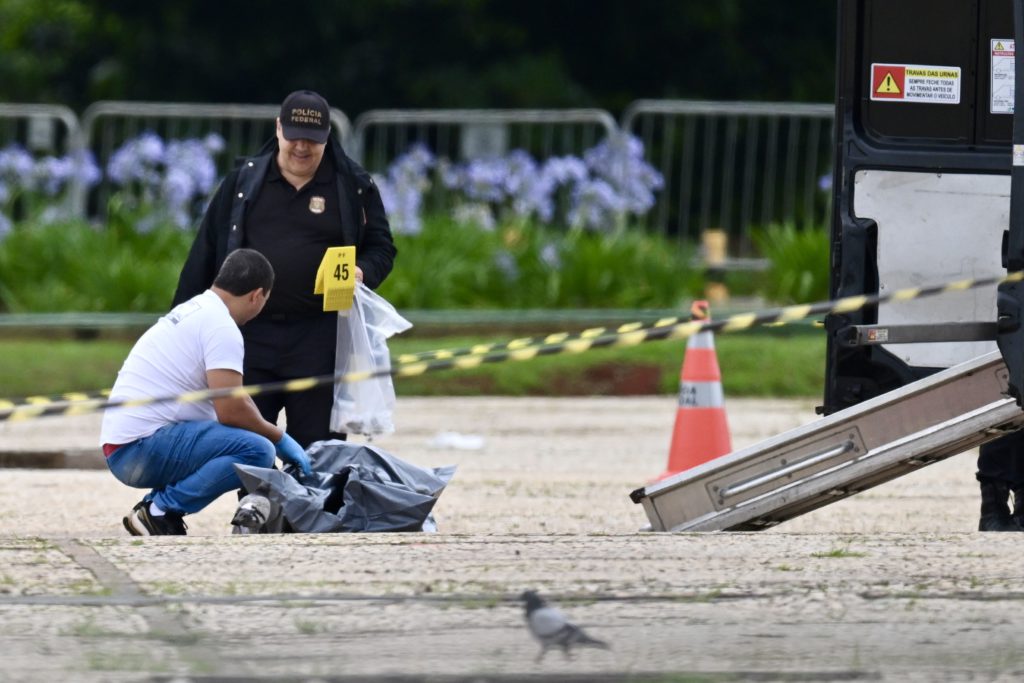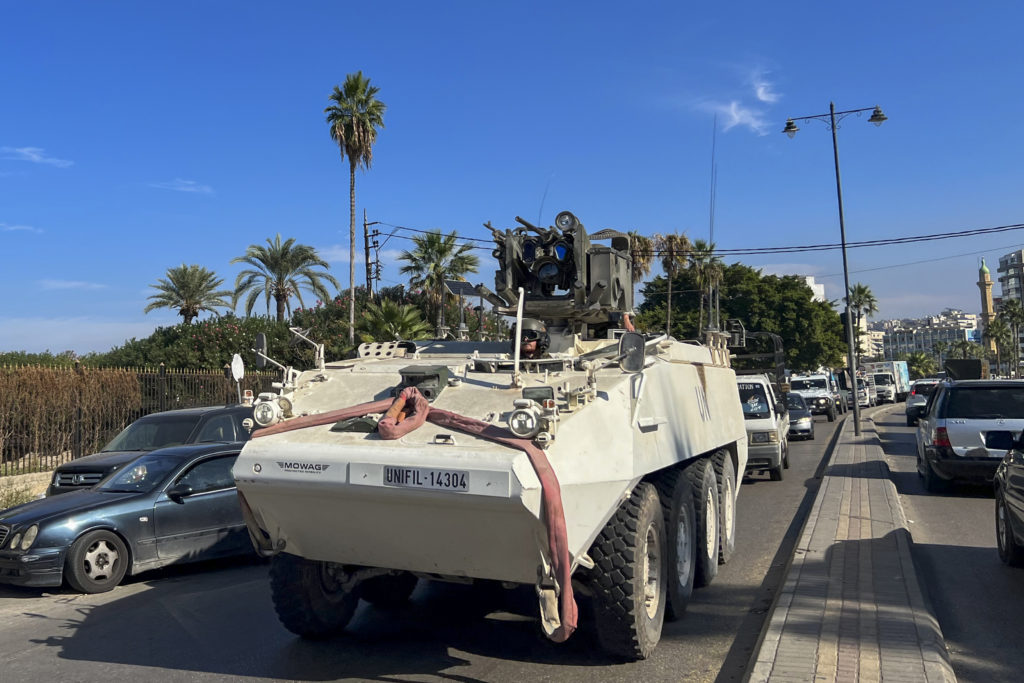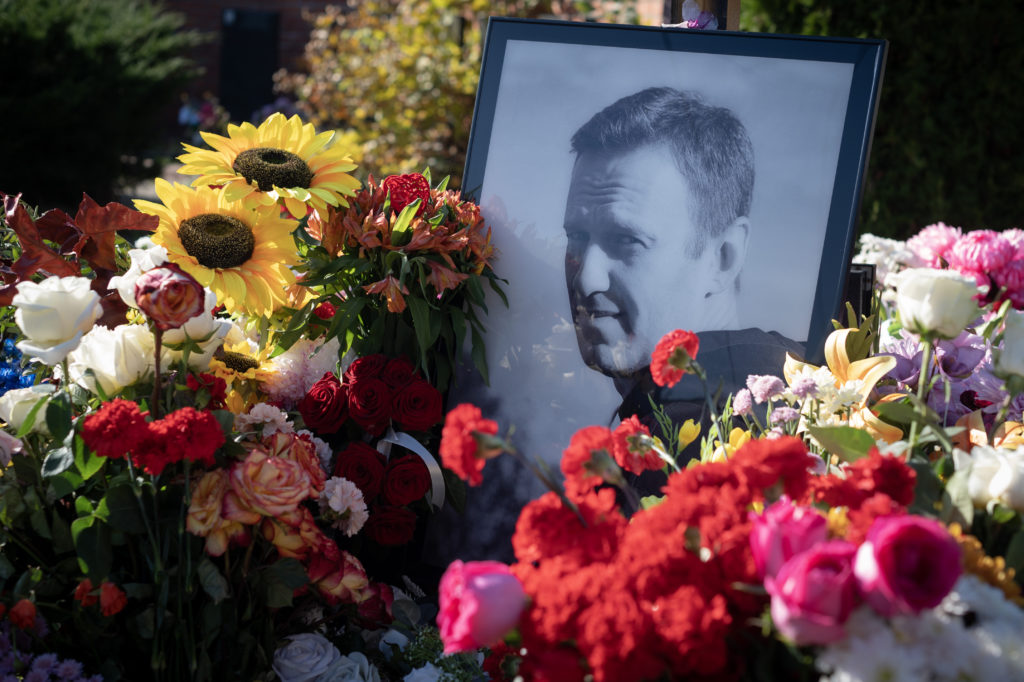Twelve North American gang hostages held for months in Haiti orchestrated their own escape last week, hiking for miles under cover of darkness carrying young children, their church organization said Monday.
Christian Aid Ministries (CAM), which had provided little information on the 16 Americans and one Canadian who were kidnapped in mid-October, on Monday detailed the hostages’ ordeal and the mid-December escape of the final 12 hostages, a group that included a 10-month-old, a three-year-old and two teenagers, along with eight adults.
“They walked for possibly as much as 10 miles… traveling through woods and thickets, working through thorns and briars” under cover of darkness to safety, said Weston Showalter, spokesman for the Ohio-based missionary group, in a streamed press conference.
“Two hours were through fierce brambles. We were in gang territory the whole hike,” Showalter quoted one of the escapees as saying.
The group broke out of the blocked door and slipped past guards on December 15, after several stalled attempts at planning an escape.
Showalter said they packed water in their clothes, wrapped the baby in blankets and carried the other two young children as they traipsed through difficult terrain, noting the children kept quiet despite being scratched by briars.
Five other hostages had been freed separately in November and in early December before Haitian police and CAM confirmed the final 12 hostages were free on December 16.
The group said it had raised funds for ransoms to continue negotiations but added they could not provide further details. It remained unclear if ransoms were paid.
The group was kidnapped as they were returning from an orphanage in an area east of the capital Port-au-Prince. The kidnappers, one of Haiti’s most powerful gangs known as “400 Mawozo,” had originally demanded a ransom of one million dollars per hostage, sources told AFP.
Previously confined to the poorer districts of the capital, gangs have recently extended their reach and increased the number of kidnappings in Haiti, as the country struggles with a prolonged social, political and economic crisis.
Showalter said that the gang members did not physically harm the hostages, though they threatened them, and added the group was fed and provided with hygiene products and fans to battle the Caribbean heat, though the contaminated water provided for bathing caused sores and they endured hunger, close quarters and sleepless nights.
After two months in captivity and having walked through the night to escape, at dawn on December 16 the former hostages found someone to help them call for aid and that day were transported to the US state of Florida.
“They were finally free,” Showalter said.

